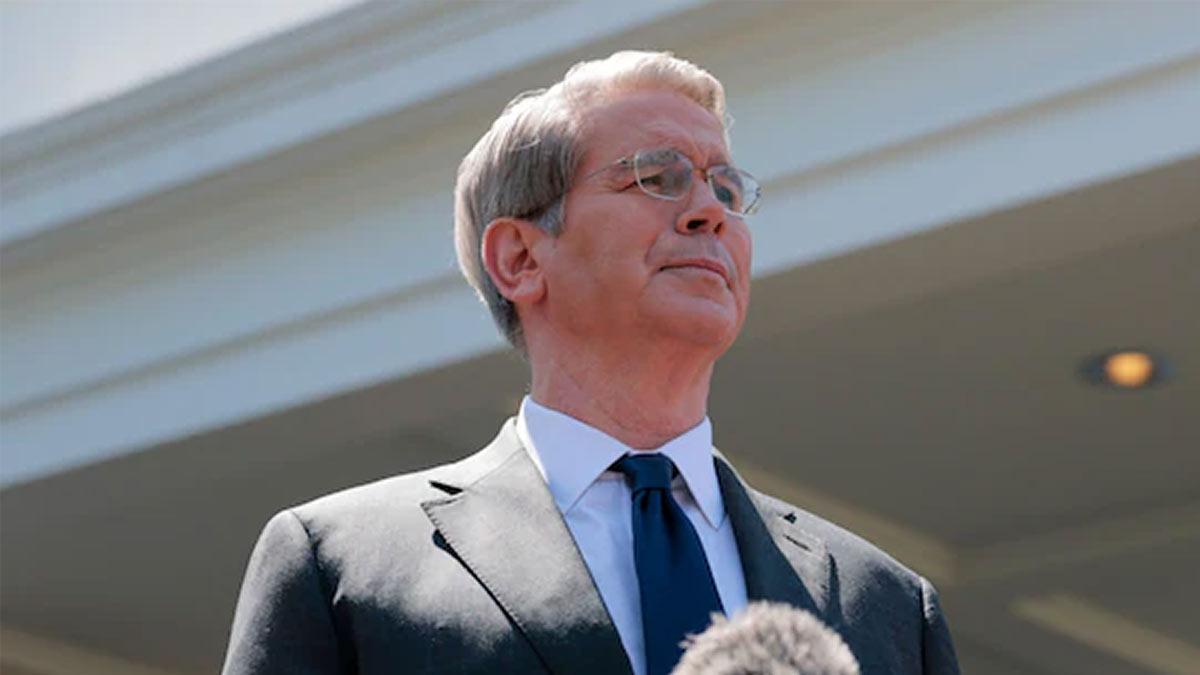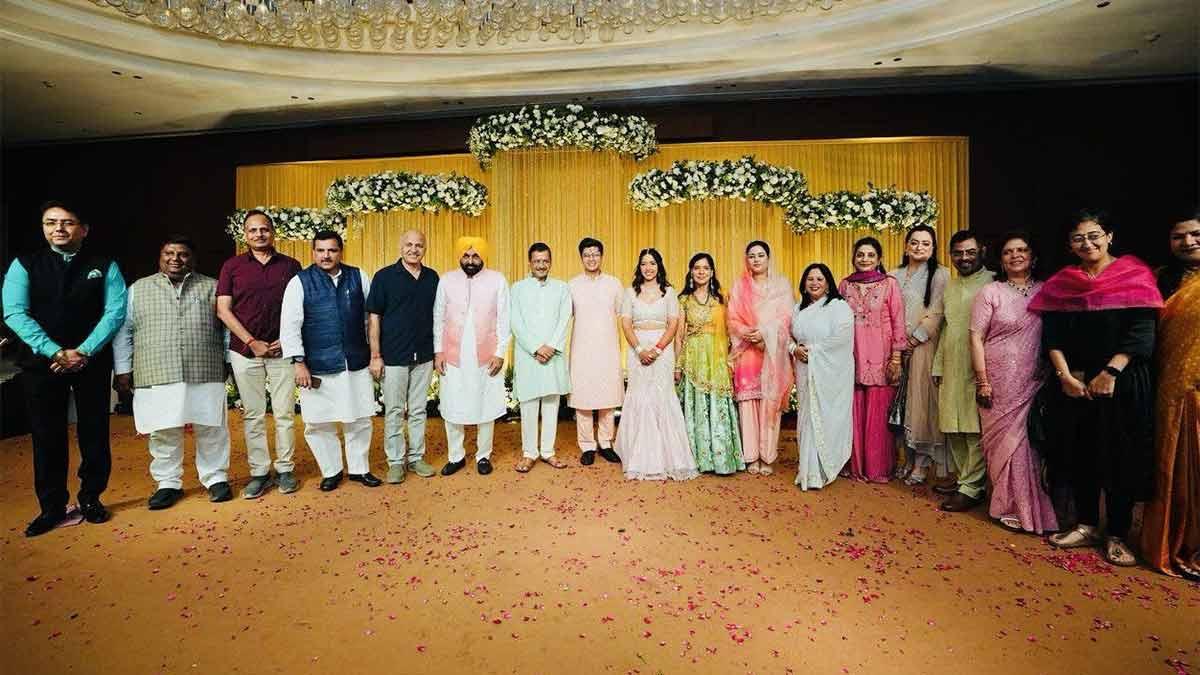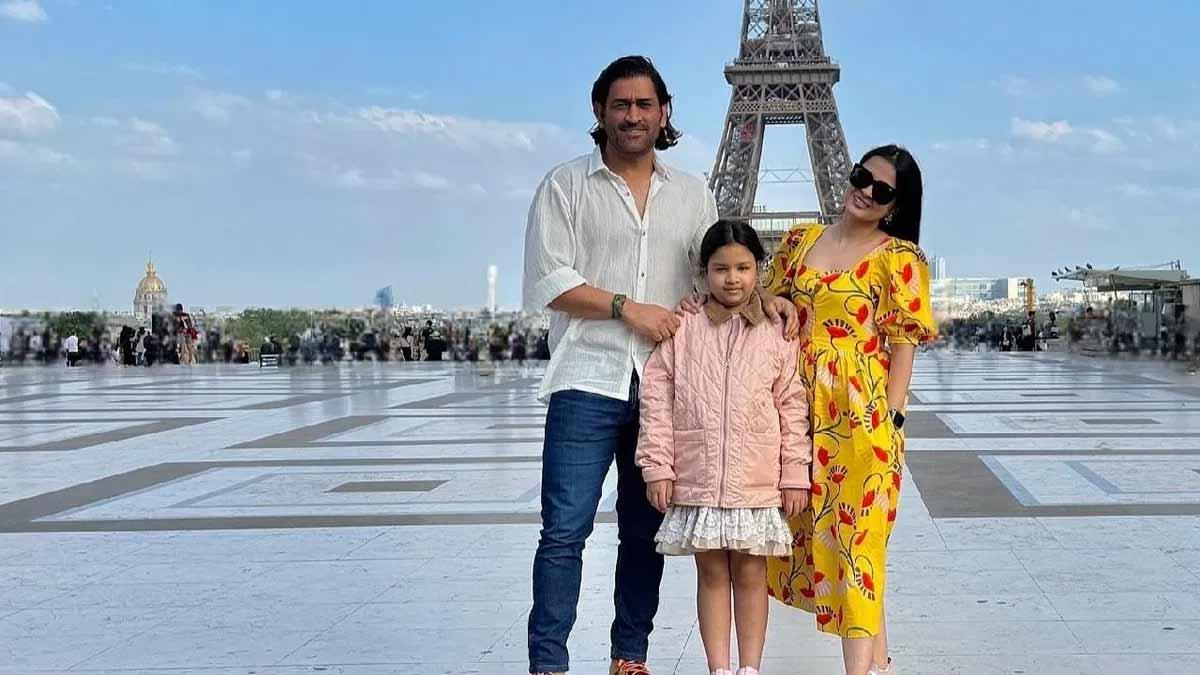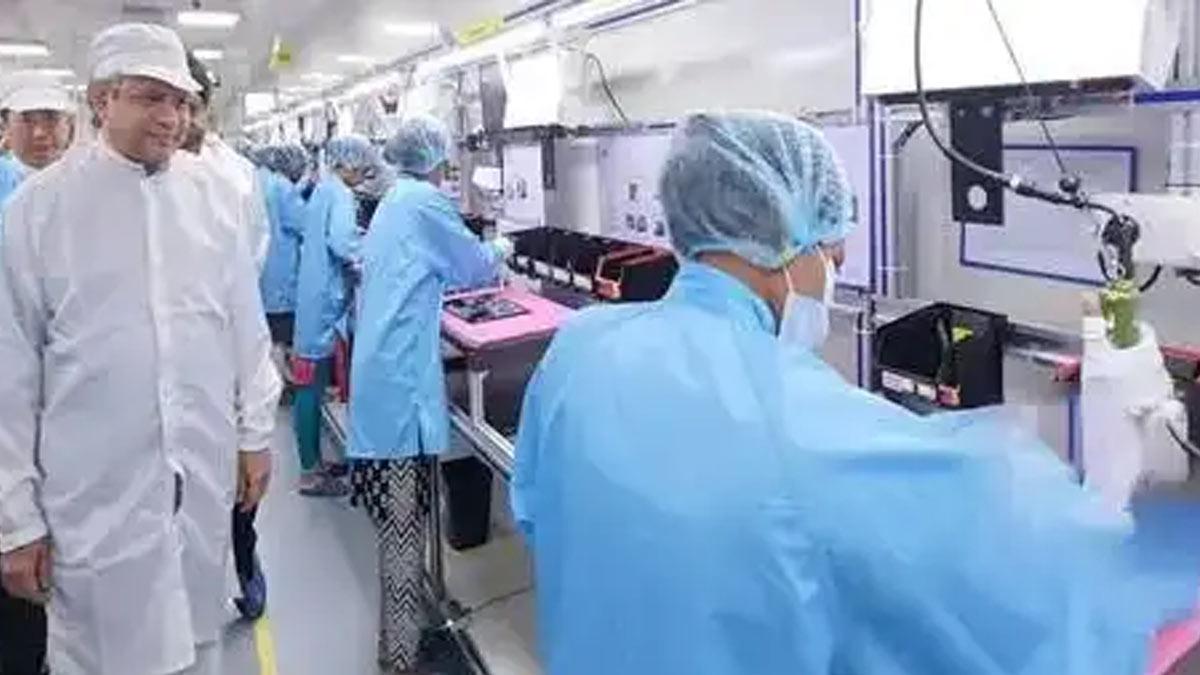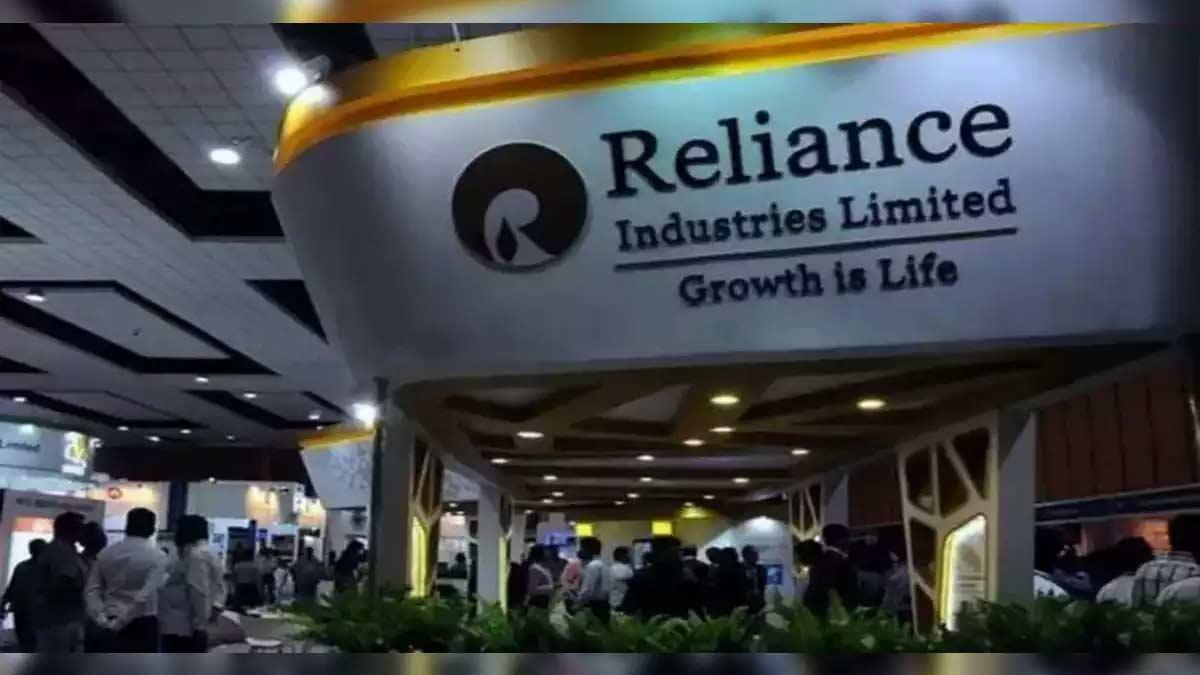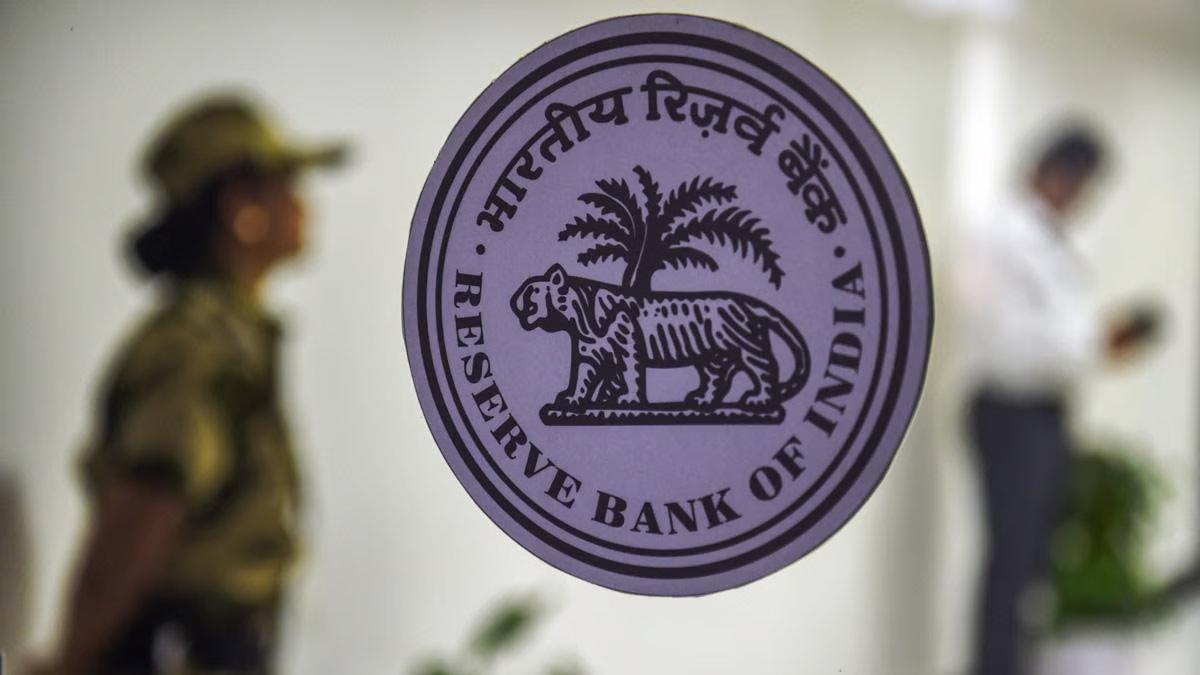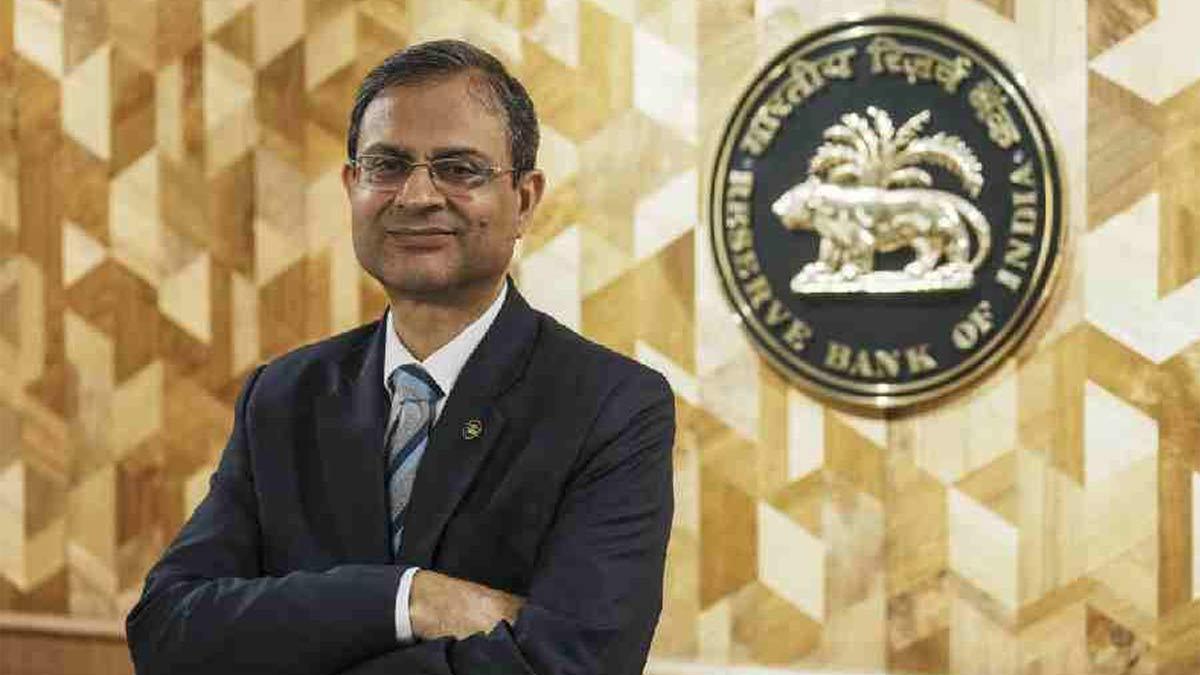U.S. Treasury Secretary Scott Bessent has said India could be one of the first countries to conclude a bilateral trade agreement with the United States, possibly avoiding retaliatory tariffs that President Donald Trump has announced.
During an appearance on CNBC's Squawk Box on Monday, Bessent provided updates on the administration's global trade talks, saying discussions with Asian counterparts have been very fruitful.
"Negotiations with our Asian partners of trade are progressing very well. Vice President (JD) Vance was in India a week ago and discussed considerable progress. I have said that negotiations with the Republic of Korea have progressed very well. And I believe that we have had some very considerable negotiations with our Japanese partners," Bessent explained.
He added that although President Trump announced a 10 per cent blanket tariff—combined with a short-term 90-day suspension on more severe tariffs targeting specific nations—negotiations have been picking up. India may be one of the first of the 15 to 18 crucial trade relationships under negotiation to close, CNBC has reported, citing Bessent.
We've had numerous countries step forward and make some very fine offers, and we're considering those," Bessent said. "I would speculate that India would be one of the first trade agreements we would sign. So keep watching," he said.
Bessent also spoke on the tense U.S.-China trade dynamic, assigning the blame to Beijing to lower tensions. "I think that it's China's turn to de-escalate, because they sell five times as much to us as we sell to them, and therefore these 120 per cent, 145 per cent tariffs are not viable," he said.
President Trump had declared blanket reciprocal tariffs on April 2 against several countries, including China and India. One week later, he unveiled a 90-day moratorium on these new duties—apart from China and Hong Kong—following an opening of discussions by about 75 nations with the U.S. for possible trade agreements.
Even with the suspension, a 10 per cent baseline tariff implemented on April 2 is still in effect, as well as the earlier imposed 25 per cent tariffs on steel, aluminum, and auto components.
In the recent visit to India by Vice President Vance, both countries acknowledged the "substantial progress" towards a broad and mutually rewarding Bilateral Trade Agreement (BTA). Beyond trade, both parties reaffirmed their continued interest in further enhancing cooperation in areas such as energy, defense, and strategic technologies.
Read also| RBI Governor: India’s Rapid Growth Makes It the Ideal Investment Hub
Read also| India's Domestic Air Travel Soars with 10.35% Annual Growth in FY25

